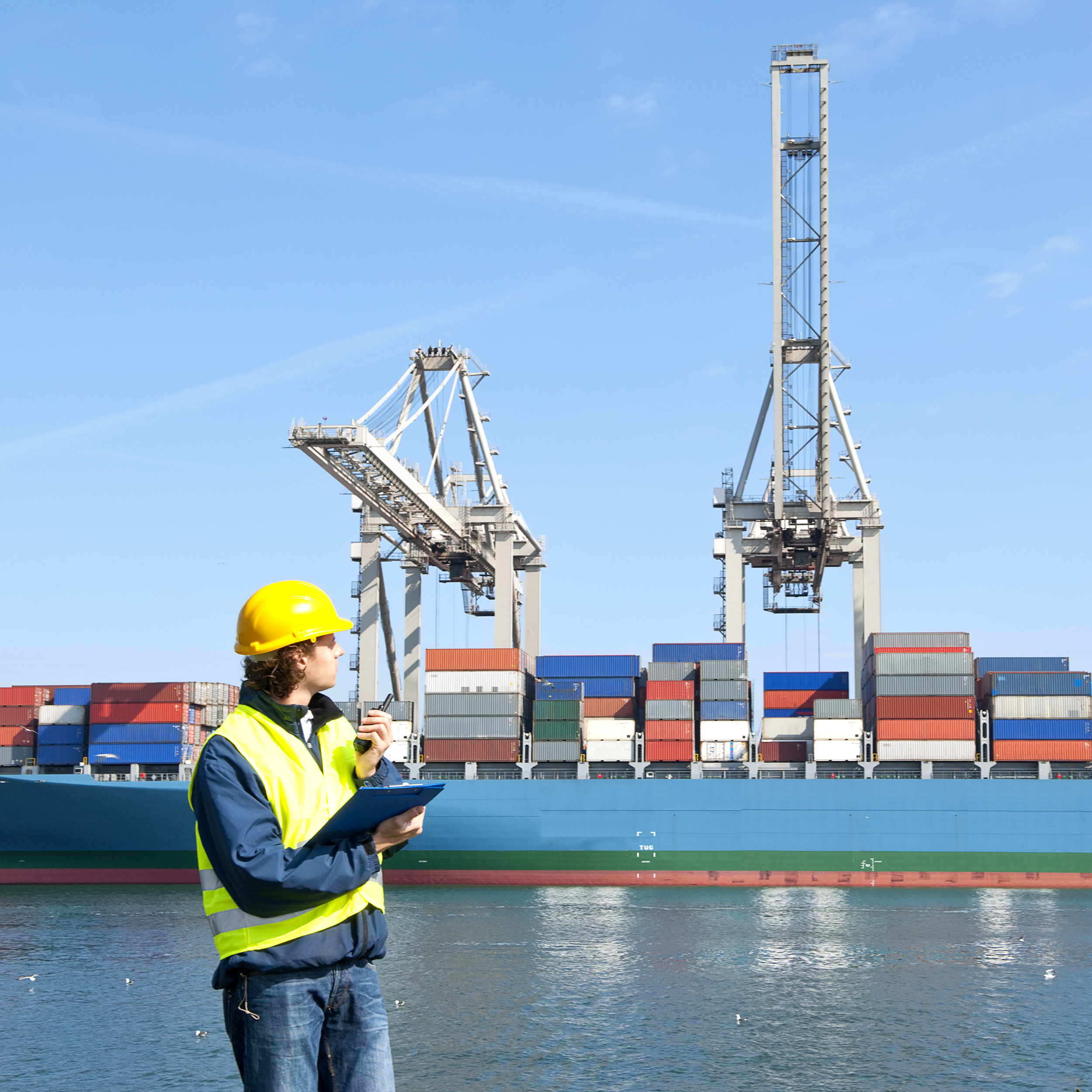The Global Shippers’ Forum (GFS) has released details of a global campaign to enhance safety in the maritime transport supply chain. The aim of the campaign is to secure improvements in logistics practices throughout the supply chain to ensure safer transport operations.
As consignors and receivers of freight, shippers accept that they have a legal and moral obligation to ensure that when goods are presented for shipment they are correctly declared, stowed and secured in compliance with international rules and standards. While the vast majority of shippers comply with the rules, it is a regrettable fact that instances of misdeclaration and poor standards of loading and securing take place. Much of this is down to a lack of understanding of the rules and packing and securing know-how.
To fill this information and knowledge gap, the GSF has launched a series of ‘hands on’ and easy to understand best practice guides for managers, but also, importantly, for packers and warehouse staff who actually physically handle, prepare, secure and stow cargo for shipment.
In launching the campaign at GSF’s annual meeting in London on 8 April, 2013, Bob Ballantyne, Chairman of the GSF said: “Let there be no mistake, shippers take their responsibilities seriously. Our goal in launching this campaign is to promote and secure safer and more efficient supply chains. We are striving to achieve this by working in collaboration with the relevant international organisations and our supply chain partners.”
Unveiling the campaign in the presence of over 50 shipper representatives from around the world and representatives from the International Maritime Organization (IMO), Mr Ballantyne added: “We strongly support the work of the IMO, in particular the Maritime Safety Committee’s current work in finding practical and workable solutions to issues such as verification of accurate weight declarations. We also congratulate the excellent work undertaken by the International Labour Organization and UN Economic Commission for Europe and IMO in finalising a new code of practice for the safe stowage and securing of transport units. We urge all three UN organisations to ratify the new code during 2013 so that this can enter into force in 2014.”
Mr Ballantyne further explained: “The GSF campaign, together with dissemination of best practice materials, would be rolled out by shippers’ organisations throughout the world to support the transport safety initiatives by the main UN organisations concerned.”
He added: “It was essential that shippers had a more influential and effective voice at an international level, in particular in organisations such as the IMO. This was a key GSF goal because the complexity of the international supply chain is often not very well understood. And getting the balance between regulation and the role of industry best practice is crucial if we are to achieve safer and more efficient supply chains. We therefore welcome the IMO’s commitment to reaching out to a wider range of stakeholders and look forward to formal recognition of the GSF in IMO where it can play its part in achieving the IMO goal of enhancing the chain of responsibilities in the maritime safety chain, including shippers, carriers, ports, terminals, labour organisations and other relevant stakeholders.”